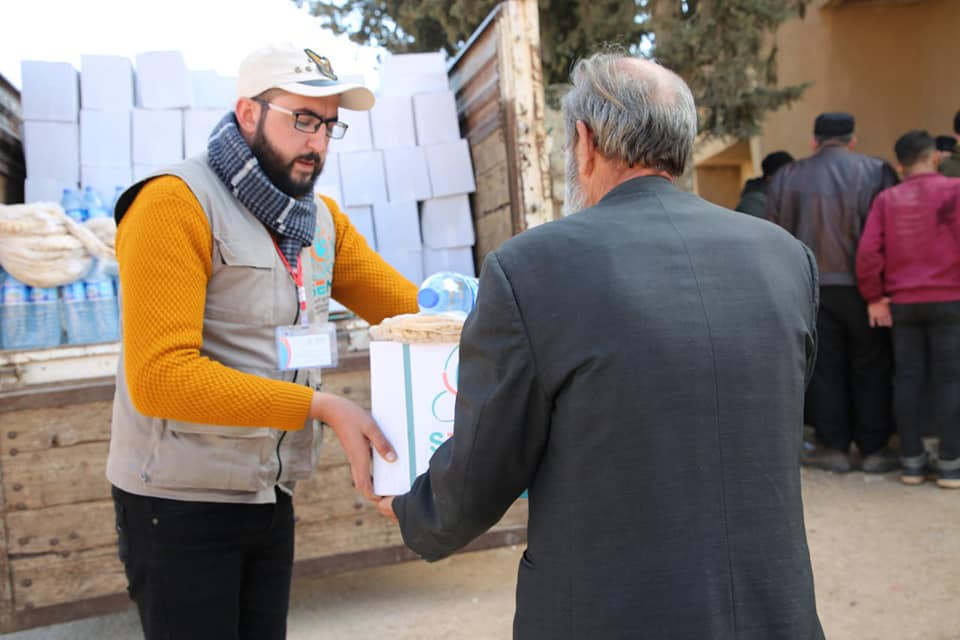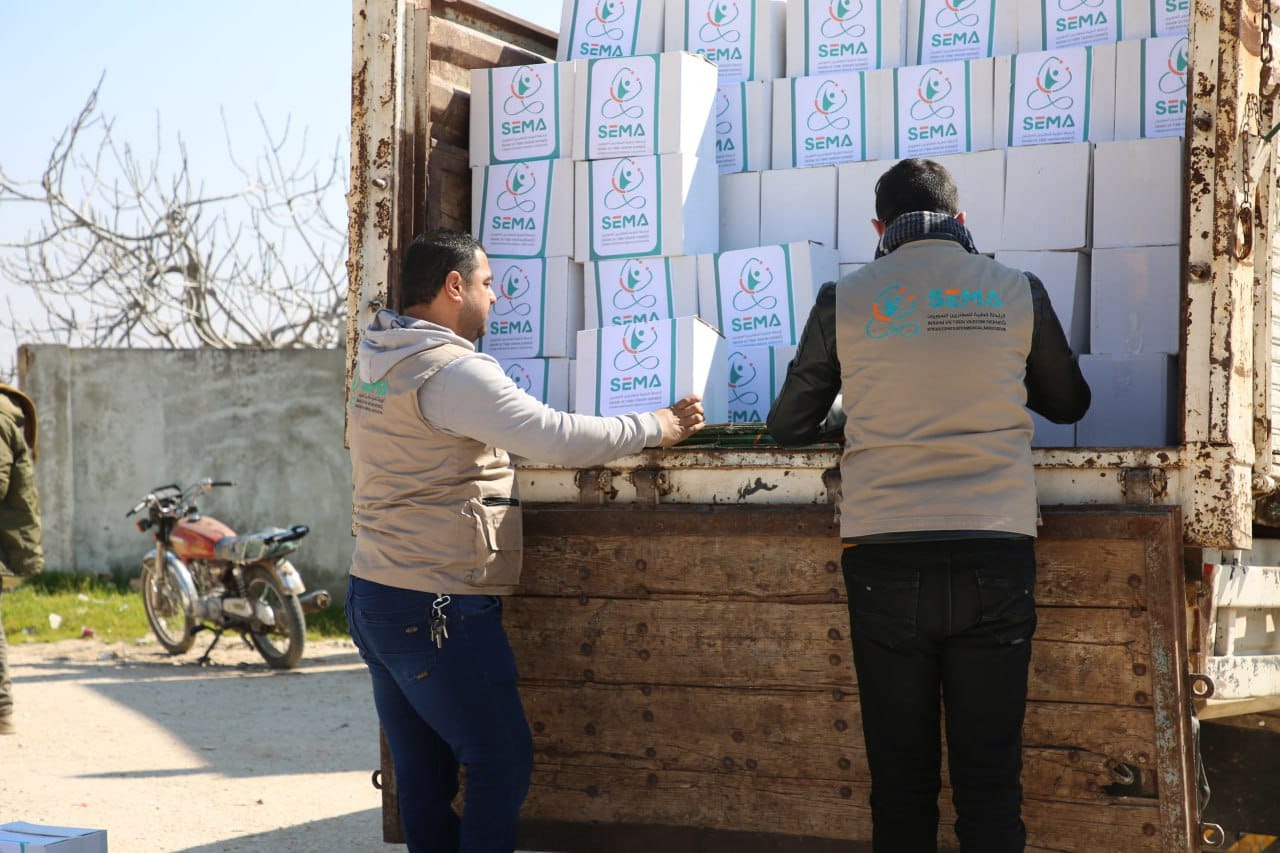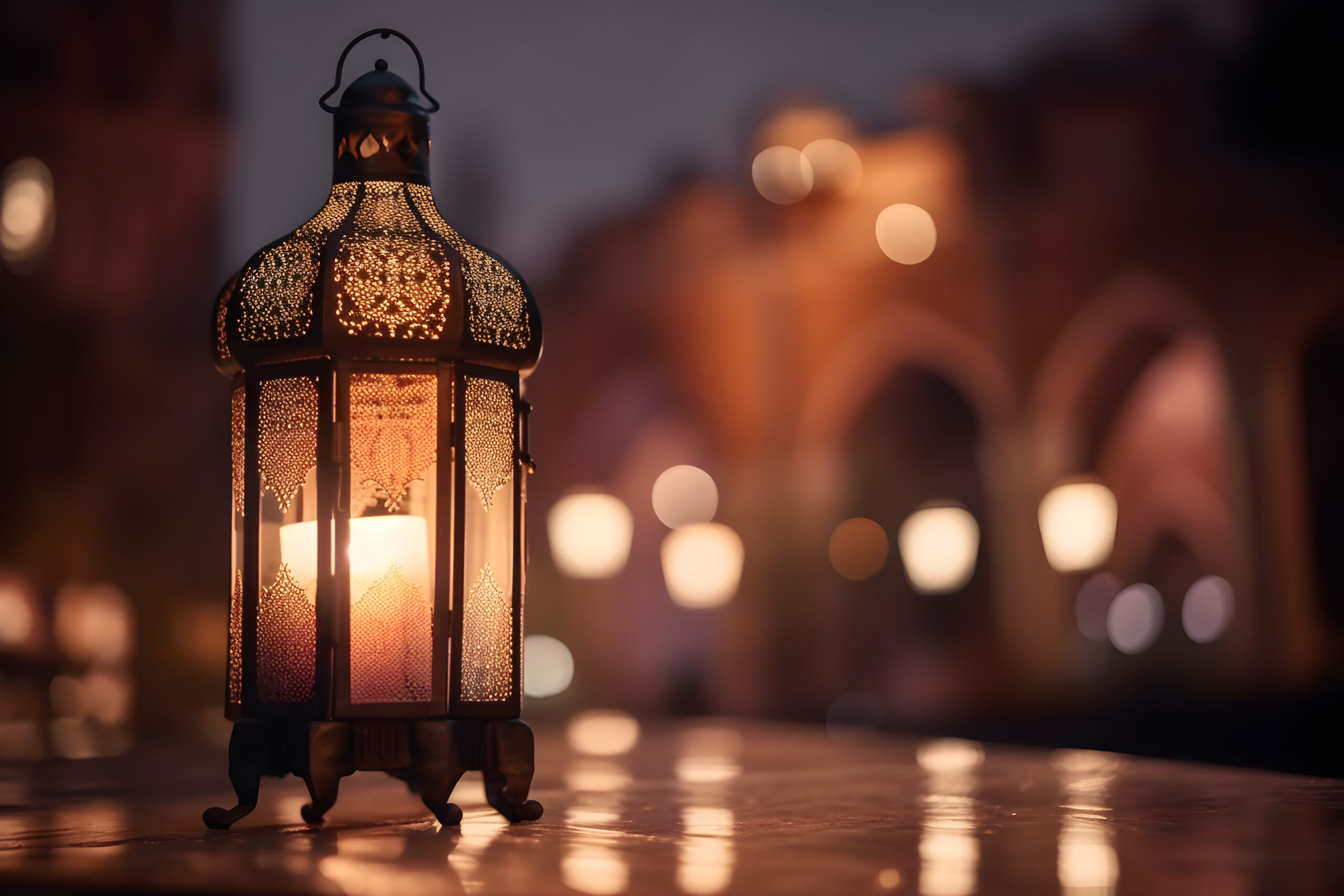Zakat is the third pillar of Islam, and it is obligatory for every Muslim who fulfills its conditions to pay Zakat.
The purpose of paying Zakat is to purify a Muslim’s heart and money and strengthen his relationship with Allah Almighty, and whoever does not commit to paying Zakat is guilty.
Zakat Obligation
Zakat obligatory is mentioned many times in the Holy Qur’an:
“And in their wealth, there was a rightful share ˹fulfilled˺ for the beggar and the poor.” Surah Adh-Dhariyat – verse 19.
“and who give the rightful share of their wealth to the beggar and the poor.” Surah Al-Ma’arij – verse (24,25).
Eligibility to Receive Zakat
Allah (SWT) imposed Zakat on Muslims and restricted its distribution to eight types of people, which are mentioned in the Holy Quran in Almighty’s saying: “Alms-tax is only for the poor and the needy, for those employed to administer it, for those whose hearts are attracted ˹to the faith˺, for ˹freeing˺ slaves, for those in debt, for Allah’s cause, and for ˹needy˺ travellers. ˹This is˺ an obligation from Allah. And Allah is All-Knowing, All-Wise.” – Surah Al-Tawbah – verse 60.
Poor People (Fuqaraa)
The poor are those who work with low and non-steady incomes. Who live their lives day by day, having no stable income to count on.
They hardly have money to survive, hardly have extra to meet their needs and the needs of their families, or less than half of the requirements. Unfortunately, this section constitutes a large number of Muslims today.

Needy People (Masakeen)
Although there is a similarity in meaning between Poor (Fuqaraa) and Needy (Masakeen), the Needy are slightly better off than the poor, according to a majority of scholars like Shafi’i and Hanbali.
The Needy (Masakeen) are those who have more than half of the money they need, yet it is not enough, so they deserve to take zakat money until they reach sufficient enough.
Zakat Collector (Aamileen)
Zakat is an integrated financial system that aims to support the Islamic community.
The collectors of Zakat (Aamileen) who receive the Zakat money donations for Muslims are responsible for adequately organizing these donations. They receive Zakat money from Muslim donors and deliver it to those who are eligible to receive it.
Allah SWT has allowed a portion of the Zakat money to be deducted for these parties, who take this accurate responsibility upon their shoulders.
Those Who have a Reconciliation of Heart (Muallafatul Quloob)
Allah commanded the payment of zakat money to non-Muslims to win their hearts and convert them to Islam, especially if they were of high status among their people, who could influence by their conversion to Islam and follow them.
That also includes relatives and friends of Muslim communities to bring them closer to Islam.
Sa’eed bin Al-Musayyab narrated from Safwan bin Umayyah who said: “The Messenger of Allah (PBUH) gave to me on the Day of Hunain, and he was the most hated creature to me. But he did not stop giving to me until he was the most loved creature to me.” Jami` at-Tirmidhi 666.
To Free those in Bondage (Ar-Riqaab)
It’s permissible to pay zakat money to liberate enslaved Muslims to obtain their freedom. So can also use this money to free Muslim captives from the hands of the enemy.
The Debt-Ridden (Al Ghaarimeen)
A Muslim who has many debts but cannot pay them off, then can be helped with Zakat money, but there are some conditions for this:
- The debt of money is permissible and necessary (such as marriage).
- To be unable to pay the debt.
- The deadline for paying off the debt has come.
For the Cause of God (Fi Sabeelillah)
This applies to fighters in the cause of God, who protect the frontiers and raise the banner of Islam, and volunteers in the Muslim armies. Hence, their maintenance is obligatory from Zakat money.
Wayfarer
He is a traveler who passed through a Muslim country and could no longer complete his journey to his homeland because his wealth ran out, so it is permissible to give him zakat money, even if he was rich in his land.

Donate your Zakat to Refugee and Displaced People
Refugees and displaced people lack more daily details than you can imagine. Donating your Zakat money to help them will mean the world to our Muslim brothers.
Giving a helping hand to the vulnerable and poor in camps, on borders, and the displaced people in many countries will restore their faith in good-hearted people who genuinely care for their well-being.
FAQ
What are the 3 Conditions of Zakat?
Zakat is obligatory on everyone who fulfills these conditions, regardless of his age:
To be a Muslim.
To possess the minimum amount of wealth on which Zakat is due (ِAl-Nisab).
That a full Hijri year has passed since the existence of these funds (Al-Hawl).
Am I Qualify to Pay Zakat?
Yes. If you are a Muslim and you have money and wealth (gold and silver or other) that exceeds the Nisab, and an entire lunar year has passed over it, then you are qualified.
Who are the 8 People Who can Receive Zakat?
Allah (SWT) mentioned them in Surah Al-Tawbah - verse 60:
Poor people (Fuqaraa).
Needy people (Masakeen).
Zakat collector (Aamileen).
Those who have a reconciliation of heart (Muallafatul Quloob).
To free those in bondage (Ar-Riqaab).
The debt-ridden (Al Ghaarimeen).
For the cause of God (Fi Sabeelillah).
Wayfarer (Ibnu-Sabil).
What are the Benefits of Receiving Zakat?
1. Zakat purifies one’s wealth and soul.
2. Zakat increases blessings in one’s life.
3. Zakat gains Muslims much reward in both lifes, in Dunneh and the Hereafter.
Who cannot be Paid Zakat?
1. The poor and needy, whose wealth, in excess of his basic requirements, does not reach the Nisab.
2. The close family members like the spouse, the children, parents, and grandparents.





